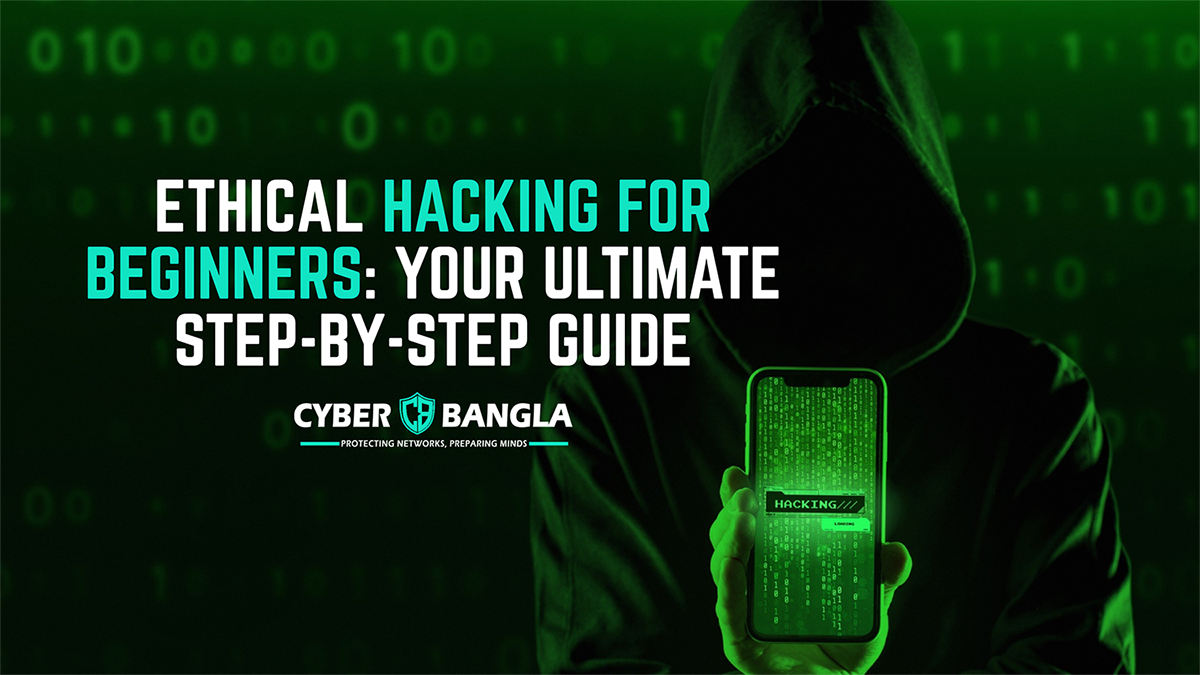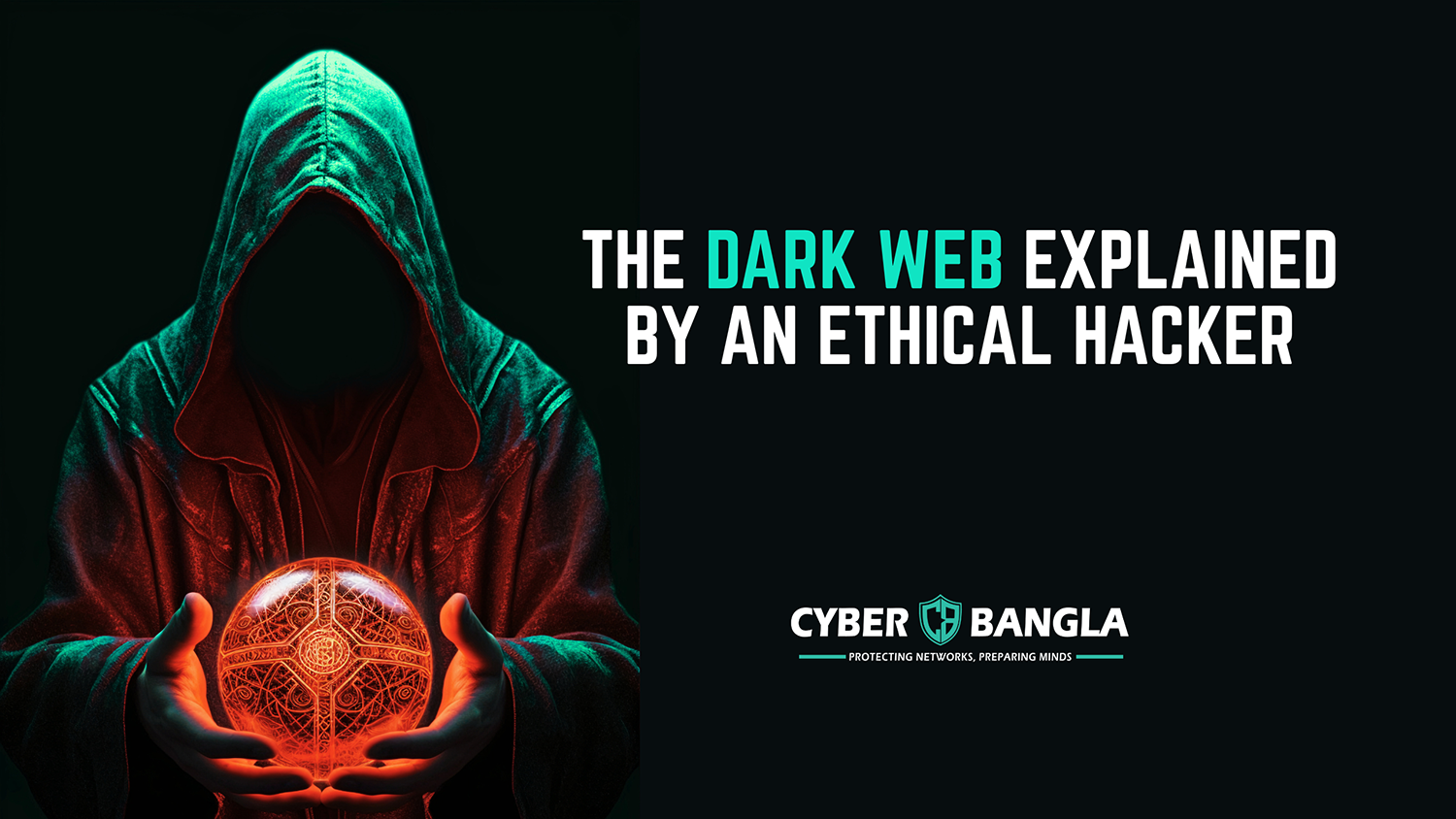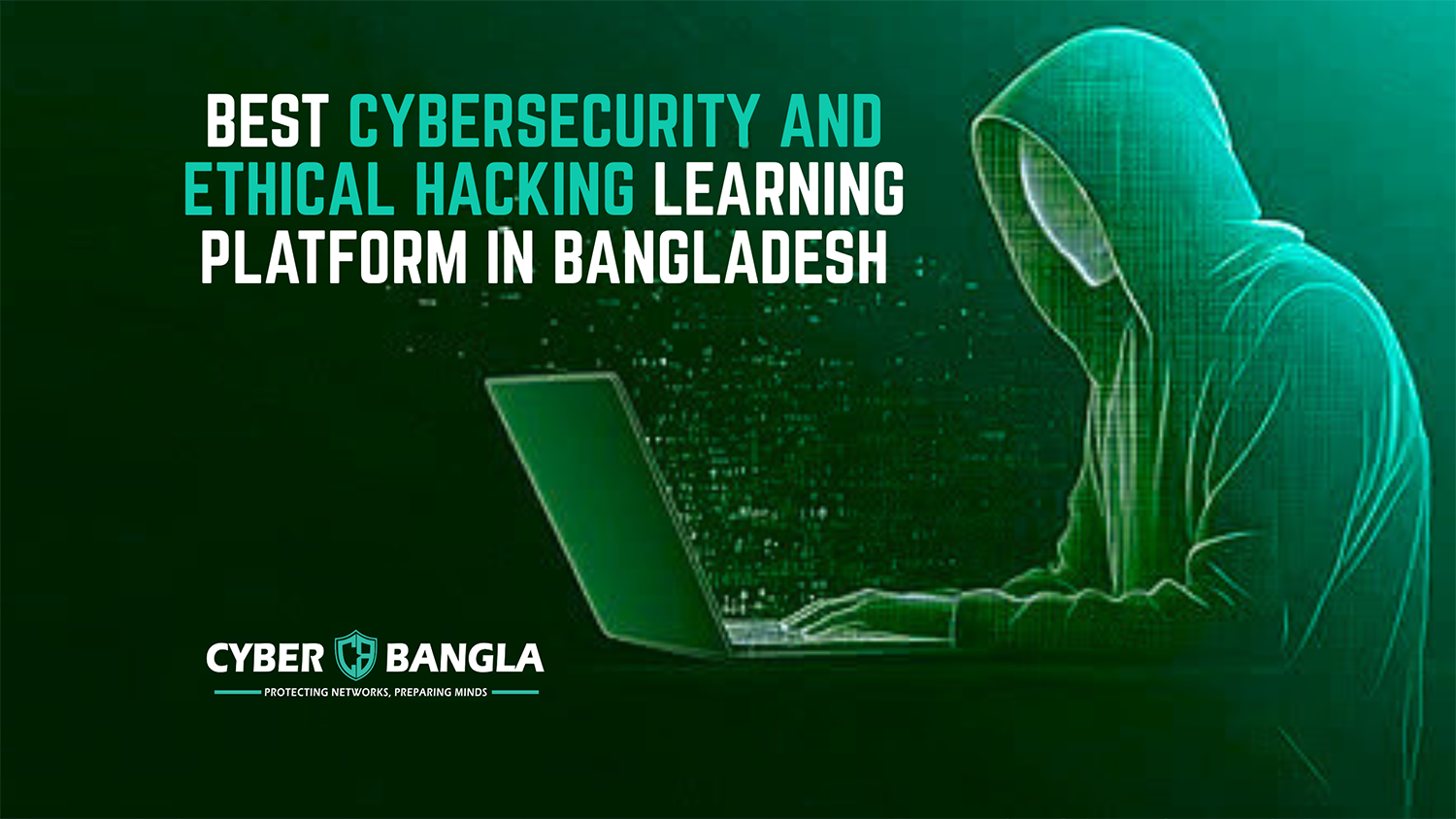Ever watched a movie where a hoodie-wearing genius bypasses a complex security system in seconds and thought, "Wow, I wish I could do that"? Well, what if I told you that you could learn those skills, not for mischief, but to become a digital hero? Welcome to the world of ethical hacking.
If you're curious about cybersecurity and looking for a starting point, you've come to the right place. This guide is designed for complete beginners. We'll break down what ethical hacking is, why it’s a booming industry, and the exact steps you can take to start your ethical hacker career path.
So, What Exactly is Ethical Hacking?
Let's get one thing straight: ethical hacking is not about breaking into systems illegally. Think of it this way: a company hires you to try and break into their digital fortress. They give you permission to find the weak spots, the unlocked doors and hidden windows, before a real burglar does.
You use the same tools and techniques as a malicious hacker, but your goal is to help organizations strengthen their security. That’s why ethical hackers are also known as "white-hat hackers." You're the good guy, the digital security guard, the cyber superhero. The core principle is simple: to beat a hacker, you need to think like one.
The Road to Becoming an Ethical Hacker: A Career Path
Embarking on the journey to learn ethical hacking can seem daunting, but it's a path you can walk with dedication. It’s not just about learning to code; it's about developing a mindset of curiosity and problem-solving. Here’s a step-by-step roadmap to guide you.
Step 1: Build Your Foundation (The Essentials)
Every great building needs a solid foundation. In ethical hacking, your foundation consists of a few key areas:
- Networking: You need to understand how computers talk to each other. Get familiar with concepts like TCP/IP, DNS, subnets, and the OSI model. You can't defend a network if you don't understand how it works.
- Operating Systems: Learn the ins and outs of Windows and, more importantly, Linux. Most hacking tools are built for Linux, with distributions like Kali Linux being the industry standard.
- **Programming: **You don't need to be a master developer, but knowing a language like Python is a superpower. It helps you automate tasks and understand how applications work (and break).
Step 2: Understand the Hacker Mindset: The Penetration Testing Methodology
A professional penetration test follows a stringent, structured methodology. Learning these core phases is essential for ethical hackers to approach a target methodically and legally:
- Planning & Reconnaissance: This initial and critical phase involves gathering information about the target system or network using passive (publicly available data) and active (direct system interaction) techniques. The goal is to build a complete profile of the environment, identifying IP ranges, employee names, and system architecture.
- Scanning & Enumeration: Here, the focus shifts to using specialized tools (like Nmap) to actively probe the target. This step identifies live hosts, open ports, running services, and specific system vulnerabilities, providing a roadmap for potential attacks.
- Gaining Access (Exploitation): This is the active hacking phase where the identified vulnerability is exploited to gain initial access to the system. This might involve cracking passwords, leveraging misconfigurations, or exploiting known software flaws.
- Maintaining Access & Privilege Escalation: Once inside, the hacker attempts to secure a persistent method of access (like installing a backdoor) and elevate their privileges from a basic user account to an administrator (root) level to prove the maximum extent of the risk.
- Analysis & Reporting (Covering Tracks): While malicious actors cover their tracks to hide, ethical hackers log their actions meticulously. This final phase involves documenting every vulnerability found, demonstrating the exploit's impact, and providing clear, actionable remediation advice for the client.
Step 3: Get Your Hands Dirty (Practice, Practice, Practice)
This is the fun part! The best way to learn is by doing, but remember to always practice in a safe and legal environment. Setting up your own virtual lab using software like VirtualBox is a great start. You can also use online platforms designed for this:
- Hack The Box
- TryHackMe
- picoCTF
These platforms provide sandboxed environments where you can legally hone your skills on vulnerable machines.
Step 4: Certifications That Open Doors
While skills are most important, certifications validate that knowledge to employers. For someone starting an ethical hacker career path, these are some of the most recognized credentials:
- ISC2 Certified in Cybersecurity (CC): An essential entry-level certification that proves foundational knowledge across five key security domains, including Security Principles, Network Security, and Security Operations.
- CompTIA Security+: Perfect for understanding the fundamentals of cybersecurity.
- Certified Ethical Hacker (CEH): One of the most famous entry-level certifications in the field.
- eLearnSecurity Junior Penetration Tester (eJPT): This is a 100% practical, entry-level certification designed specifically for individuals with little to no cybersecurity experience who want to validate the skills required for a junior penetration tester role.
- APIsec Certified Practitioner (ACP): Focuses specifically on identifying, exploiting, and remediating real-world API vulnerabilities, providing practical, self-paced training in a high-demand specialization area.
- Offensive Security Certified Professional (OSCP): A more advanced, highly respected, hands-on certification typically pursued after entry-level experience.
Leveraging Free and Foundational Courses
Before committing to paid certifications, beginners can build a strong base using free official resources. Platforms like TryHackMe offer free online cybersecurity learning through hands-on exercises. Furthermore, organizations like Cisco Networking Academy offer free online courses to help you build offensive security skills and become an ethical hacker. EC-Council also offers introductory courses like Ethical Hacking Essentials (EHE) which provide a solid, structured foundation in penetration testing fundamentals and hands-on labs.
For learners preferring content in Bengali, several high-quality, free resources are available, such as full ethical hacking courses, Linux tutorials, and API penetration testing guides offered by popular YouTube channels like Cyber Bangla and InfoSec BD.
A highly valuable resource for beginners is the ISC2 Certified in Cybersecurity (CC) program, which currently offers free online self-paced training and the exam itself as part of a global initiative to build the cybersecurity workforce. Additionally, APIsec University provides a free, expert-developed curriculum and practical training to help you become a certified API Security Practitioner. These foundational courses are excellent starting points for learners new to ethical hacking.
Is Ethical Hacking a Good Career?
Absolutely. In our digital world, data is the new gold, and ethical hackers are the guardians of that gold. The demand for skilled cybersecurity professionals is at an all-time high, and it continues to grow. This means:
- Job Security: Companies are always in need of experts to protect them from cyber threats.
- Excellent Salary: It's a well-compensated field, even for entry-level positions.
- Meaningful Work: You play a direct role in protecting people's information and privacy. Job titles in this field include Penetration Tester, Security Analyst, Information Security Consultant, and more.
Your Journey Starts Now
Starting a journey in ethical hacking for beginners is an exciting venture. It's a field that rewards continuous learning, curiosity, and a desire to solve complex puzzles. The path requires patience and persistence, but the destination is a rewarding career on the front lines of digital defense.
So, are you ready to put on your white hat? Start building your foundation, practice ethically, and never stop learning. The digital world needs you.



